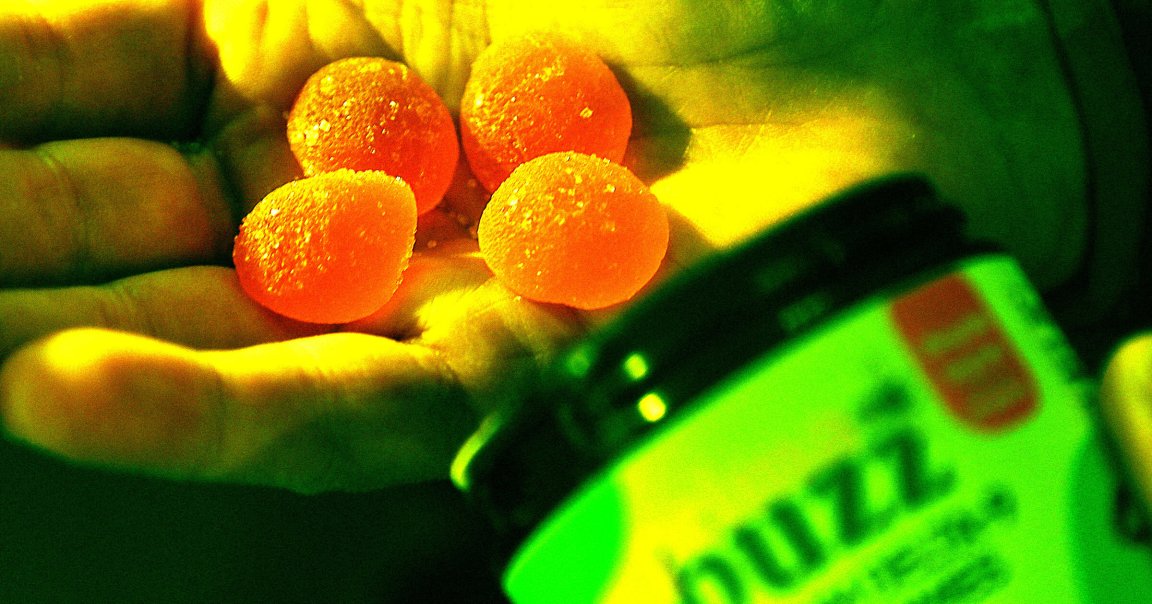
Fresh out of the longest government shutdown in US history, and with millions of workers already waist-deep in the coming recession, lawmakers rolled up their sleeves and got to work — on hemp.
Yep, you read that right. Hidden in the recently passed Senate funding bill is a surprise provision that’s set to ban almost all hemp products from the consumer market.
Legally, hemp is defined as cannabis with 0.3 percent or less THC content by dry weight. Anything higher is classified as marijuana, which is regulated by individual US states. Hemp, on the other hand, has been something of a free-for-all, after the 2018 Agriculture Improvement Act legalized THC products derived from the low-potency substance.
According to a Senate Appropriations Committee summary, the new provision “prevents the unregulated sale of intoxicating hemp-based or hemp-derived products, including Delta-8, from being sold online, in gas stations, and corner stores, while preserving non-intoxicating CBD and industrial hemp products.”
After being pushed through by the senate, house Republicans passed the funding bill — including the hemp provision — with the help of six Democrats, which was signed by Donald Trump just hours later. According to industry publication Marijuana Moment, it’ll be a full year before the proviso takes effect.
Critics of the measure argue it will effectively destroy the $28 billion US hemp industry, affecting some 300,000 workers in states like Texas, Kentucky, and Utah.
Republicans like Kentucky senator Mitch McConnell — who was “instrumental” in adding the hemp dictum — said it was a no-brainer.
“I led the effort to legalize industrial hemp,” the 83 year old lawmaker muttered during the senate debate over the provision. “Unfortunately, companies have exploited a loophole in the 2018 legislation by taking legal amounts of THC from hemp and turning it into intoxicating substances, and then marketing it to children in candy-like packaging, and selling it in easily accessible places… so children end up being the unknowing consuming [sic] of these poisonous products, and being sent to the hospital at an alarming rate.”
Yet if we follow McConnell’s logic, it becomes really hard to take his argument at face value.
According to some of the most recent numbers available, a total of 7,043 children under six had ingested THC edibles throughout the US between 2017 and 2021. It’s not known how many of those cases involved hemp-derived THC, as opposed to stronger state-approved marijuana products, but fatalities related to cannabis consumption number in the single digits (and questions remain over THC’s role in one case, where an autopsy revealed a child had also consumed ketamine, fentanyl, methadone, and cocaine, among other substances.)
Compare this number to car crashes, which killed 1,184 American kids under 14 in 2021 alone — or guns, which took the lives of 4,752 US children that same year, and it’s clear that the targeting of hemp represents a mind-boggling misallocation of political energy.
The provision also comes at a time when nearly 70 percent of US citizens worry they can’t afford a sudden healthcare expense — a stark example of a government that would sooner restrict citizens than fight for their well being.
More on regulation: New Law Would Prevent Minors From Using AI Chatbots